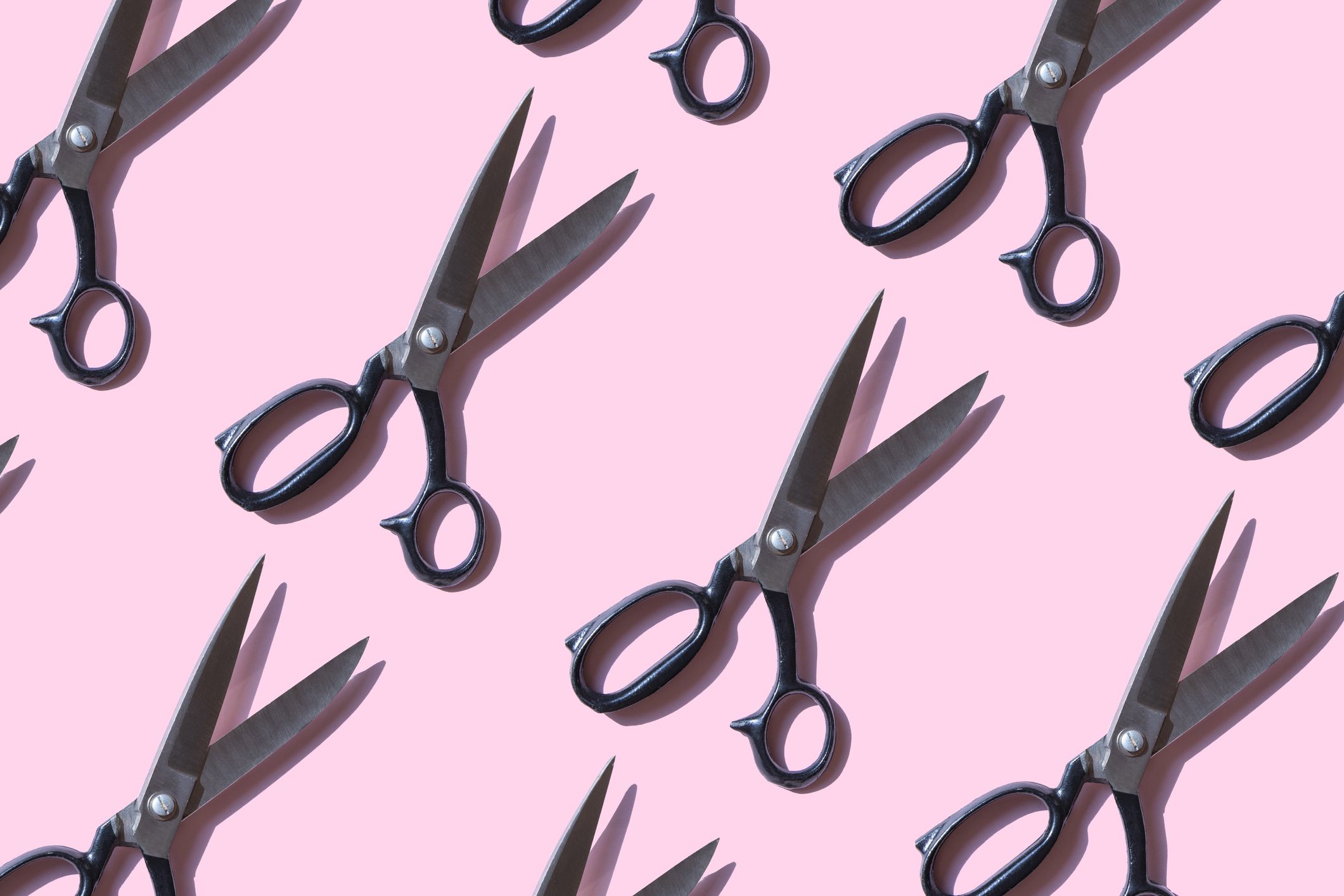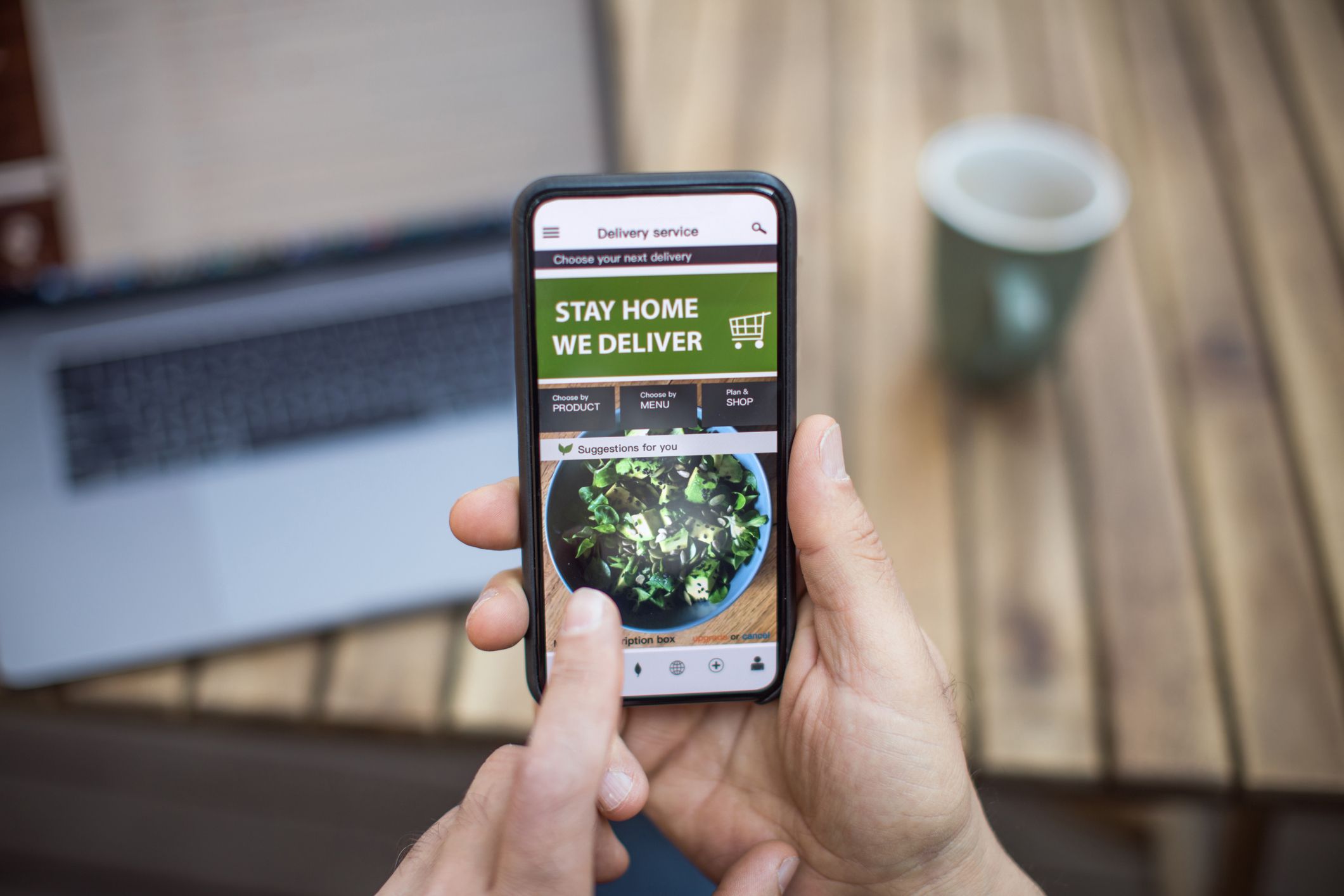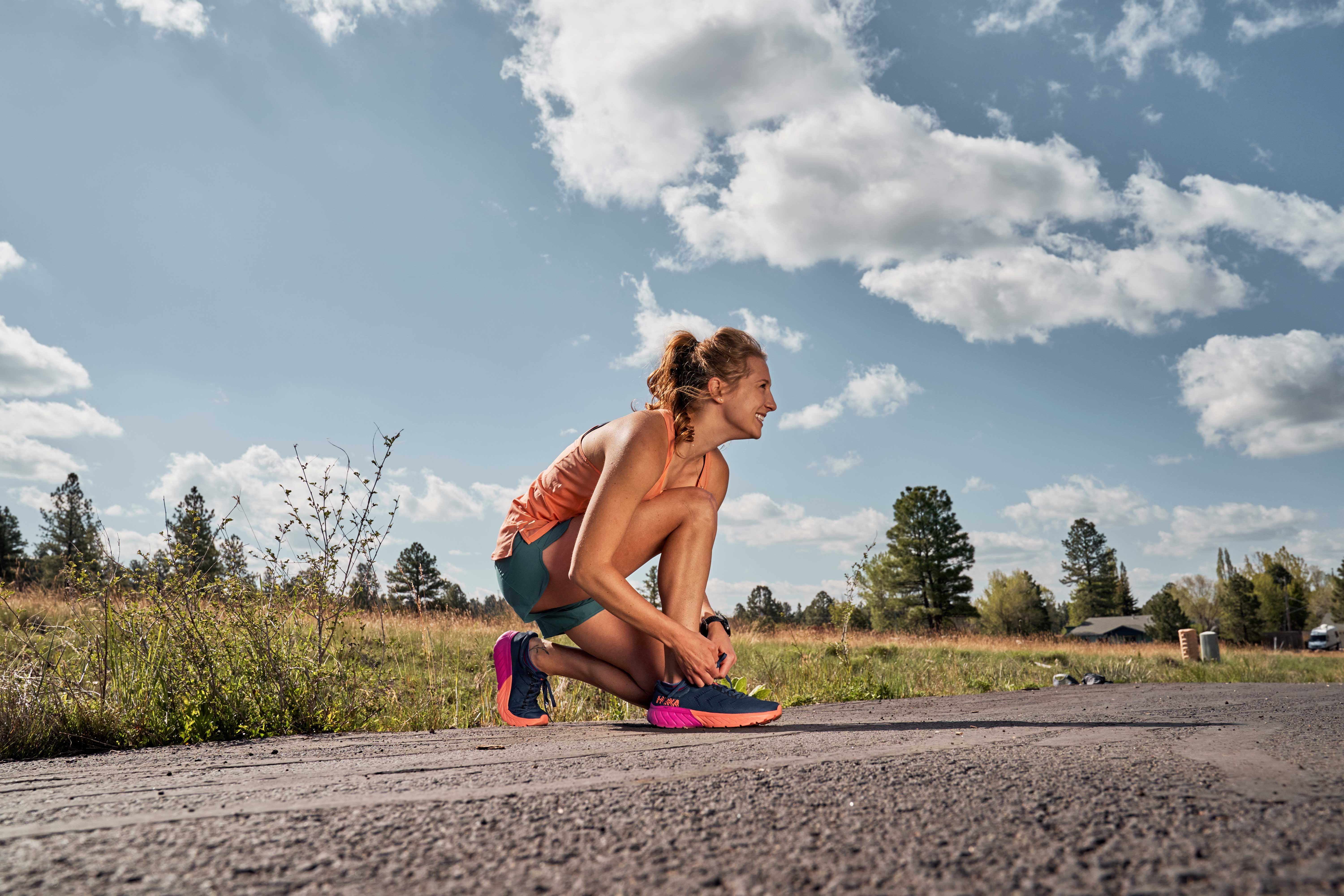- Twenty-three states have now allowed dental offices to reopen for elective appointments like cleanings, and others may soon follow suit.
- Experts warn that dentist offices are still high-risk areas for spreading COVID-19.
- If it’s permitted in your area, whether you go to the dentist right now depends on your health status, dental needs, and comfort level.
After the novel coronavirus outbreak hit the United States, over 90 percent of dental practices closed down and canceled non-urgent procedures like teeth cleanings, according to the American Dental Association. The goal: to help reduce the spread of COVID-19 and free up valuable personal protective equipment (PPE) and medical supplies for health care workers on the frontlines.
For weeks, many dentists have only been able to see patients for emergencies, per CDC guidelines, which caused many people to fall behind (or even more behind than usual, let’s be honest) on routine dental appointments. Now that the U.S. has begun to reopen, you might be wondering: When can I schedule a dental appointment? And is it even safe to go in for a cleaning right now?
Read on for everything you need to know about dental care in the time of COVID-19, including whether or not you should go in for your cleaning once your city or state reopens and how to ensure you’re in a safe space when you do.
Is going to the dentist even allowed right now?
That depends on where you live, says Noelle Dunn, DDM, a practicing dentist and owner of Dunn Dental Group in Washington, D.C. While dental offices are generally considered essential businesses, what that means from state to state varies vastly.
For the most part, dental offices have been closed with exceptions for emergencies during stay-at-home and shelter-in-place orders, per the CDC. Now it’s up to local governments to decide when they feel comfortable allowing dental offices to reopen for non-urgent or elective procedures like teeth cleanings, she says.
You can get information about mandates, regulations, and recommendations for dentistry by state with this interactive map from the American Dental Association (ADA).
As of May 7, 23 states have allowed dental offices to reopen for cleanings, per the ADA, and many others are scheduled to follow suit in the upcoming days and weeks.
But some other state governments (like in New York, Michigan, and Washington) are still advising dental offices to stick with emergency-only appointments, which are determined on a case-by-case basis, per CDC guidelines.
If your dental office is indeed open for business, there are still some safety concerns to consider in light of COVID-19.
Why might going to the dentist be a risky move right now?
For starters, COVID-19 is a tricky virus. If you, another patient, or a dental staff member are carrying the virus, you might unknowingly spread it to other people for days before you show any symptoms, says Sandra Kesh, MD, an infectious disease specialist and deputy medical director at Westmed Medical Group in Purchase, New York.
That means, even if dental offices are screening patients and staff for symptoms of COVID-19, without actually testing employees and patients for the disease ahead of the appointment, someone carrying the virus could still make their way in. (FDA-approved tests for COVID-19 have not yet been made available to dentists in the U.S., according to a recent statement from the ADA.)
Sadly, it’s basically impossible to get your teeth cleaned without putting yourself at risk. The new coronavirus spreads primarily via respiratory droplets at close distances. You can’t exactly wear a face mask while your teeth are being cleaned—which means your nose and mouth are totally exposed, says Jay Varkey, MD, an infectious disease specialist and director of the antimicrobial management program at Emory University Hospital.



Dental staff are at an even greater risk of contracting COVID-19, Dr. Kesh and Dr. Varkey agree. Sure, dentists can wear a face mask during the entire procedure (which can help keep their germs in and away from you).
However, getting your teeth cleaned is typically a pretty messy process, no matter how often your dental hygienist kindly wipes your face. Those high-speed instruments dentists use for every teeth cleaning tend to spray large droplets of water, saliva, blood, microorganisms, and food particles out of your mouth and into the air. This process could produce an aerosol or mist, says Dr. Kesh, and spread the virus if the patient is infected.
Viral particles could also potentially linger on surfaces or in the air after the fact, too. More research needs to be done on whether you could catch COVID-19 wafting through the airwaves, but a recent study in the New England Journal of Medicine showed viral particles may survive for three hours in the form of an aerosol. Since most dentists don’t have airborne infection isolation rooms or single-patient rooms, that makes a dental office a high-risk area, says Dr. Varkey.
Another concern: PPE is in high demand and short supply right now. While Kourosh Maddahi, DDS, a dentist based in Beverly Hills, says he hasn’t had issues getting the supplies his office needs, Dr. Dunn notes that she hasn’t been able to find hairnets (a.k.a. bouffant caps) and has only enough PPE to see a limited number of patients.
Does this mean a cleaning is a hard no? I’m overdue!
Honestly, it depends. If your area is experiencing a downturn in COVID-19 cases and has allowed dental offices to open for non-emergency procedures, you can (and perhaps should) get your teeth cleaned.
“I wouldn’t recommend people put off their dental appointments because teeth can’t heal themselves,” says Dr. Dunn. If you’re overdue for a dental appointment and put it off for even longer, you might set yourself up for a bigger and more costly problem later on, like the need for a root canal (ugh).
“Don’t be afraid to advocate for yourself by calling up your dental office to ask what they’re doing to protect you, their staff, and other patients.” —Sandra Kesh, MD
On the other hand, “if you’re in a community where there’s been a recent uptick in COVID-19 cases, delaying a routine cleaning or elective procedure is probably a prudent choice to make,” says Dr. Varkey. In this case, you’d be protecting yourself and doing your part to practice social distancing—the most effective tool we have to slow the spread of the virus, he says.
So, in short, whether or not you head in for a dental cleaning depends on your individual health needs, says Dr. Kesh. If you’re not sure what to do, have a history of dental problems, or typically need routine cleanings due to a health condition like gum disease or heart disease, call your dentist to figure out the best decision for you, she suggests.
What if I have a dental emergency?
By all means, call your dentist right away if you have any dental emergency, says Dr. Maddahi. Trauma (such as a broken tooth), bleeding, or an infection (which can cause throbbing or constant pain, swelling in your gums, face, or neck, or a pimple-like abscess in your mouth) are all legitimate reasons to seek professional dental care ASAP. And infections aren’t to be messed with, as they can be life-threatening, says Dr. Varkey.
Will dentist appointments look different when social distancing ends?
Absolutely, says Dr. Maddahi. While dental offices already tend to be on the super-clean side, many dentists are taking it up a notch to protect themselves, their staff, and patients from COVID-19, according to new guidelines from the ADA.
Here’s what you might expect if you head in for a dental appointment in the near future:
- Staggered appointments. To promote social distancing, many offices are spreading out appointments and ditching the traditional waiting room (so you may not even see another patient).
- A screening questionnaire. Before you come in, expect a phone call with questions about whether you’ve had symptoms of COVID-19 or been around others who were sick with it. You might also get a temperature check at the door.
- Masked dental staff. The ADA recommends that dental staff wear surgical masks or N95 masks.
- No guests allowed. Unless it’s medically necessary to have someone else come along, you’ll be at the dentist by yourself, says Dr. Maddahi.
When her practice reopens, Dr. Dunn plans to offer hand sanitizer and face masks at the door, check temperatures at the door, and install specialized air filters, among many other safety measures. She also hopes that dentists will be given access to testing kits in order to actively screen for COVID-19.
If you’re considering scheduling an appointment, don’t be afraid to advocate for yourself by calling up your dental office to ask what they’re doing to protect you, their staff, and other patients, says Dr. Kesh.
The bottom line? Keeping yourself and others safe from COVID-19 is important. So is routine dental care.
Ultimately, whether or not it’s time for a dental appointment when your area opens up depends on your health status, dental needs, and comfort level with the COVID-19 situation is in your area. If you’re super overdue for an appointment, there’s no risk in asking your dentist what they’d recommend. And if you’re facing a full-on dental emergency, call a dental office ASAP to get the help you need.
Finally, remember to brush your teeth, floss carefully, and if you’ve been grinding your teeth at night (#stress), get an over-the-counter mouthguard to protect your pearly whites, says Dr. Dunn.
Source: Read Full Article
